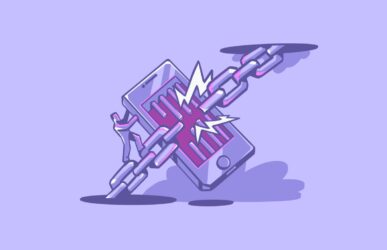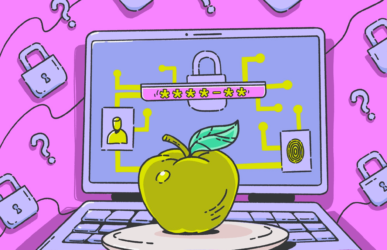Aug 5, 2024
8 min read
Jul 26, 2024
9 min read
Jul 18, 2024
10 min read
Jul 18, 2024
9 min read
Jul 18, 2024
9 min read
Jul 1, 2024
9 min read
Jun 26, 2024
11 min read
Jun 21, 2024
12 min read
Jun 19, 2024
10 min read









